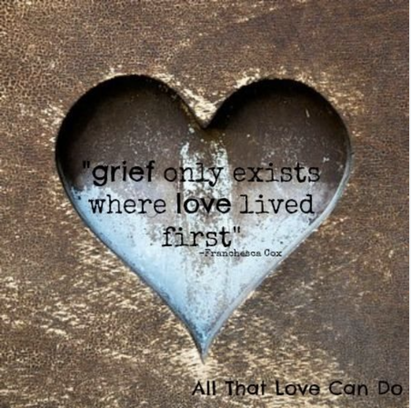After A Suicide Loss
Things that help...
- Saying you’re sorry for my loss
- Hugs and more hugs
- Very few words
- Cards or notes
- Helping with meals
- Giving me generous latitude. My grief has no time table; its steps are not sequential. I seldom know when grief will “take me out”.
- Expressing total and painful confusion over what happened.
- Knowing that you are perplexed makes me feel a little more sane.
- Cards or notes months after. It’s when your life goes back to
- “normal” that I feel alone and my loss forgotten.
- Say his/her name often. Out loud. Remind me how much you feel the loss.
Things that don't help...
- Saying that you understand. You may care but you don’t understand, unless you have experienced a similar loss.
- Don’t avoid me because you don’t know what to say. I already feel peculiar and “distinct”. Please make eye contact; if I don’t want to talk, you will know it.
- Don’t give me your summation of why this happened. Even if your thoughts have merit, I can’t hear them yet. I am still trying to wrap my mind around this.
- Don’t give me pat answers of any kind, especially at the beginning. They feel like a slap in the face – like proverbs that work in other people’s lives, not mine.
- Be sensitive in talking about your loved one. Don’t mention them for a while.
- I can’t relate, and that leaves a pit in my stomach.
- Don’t talk too much. My pain has damaged my hearing.
- Don’t rush me. This will take as long as it needs to take. Just walk by my side,
- as my friend. Respect my desire for privacy in the beginning.
- Don’t expect me to “get over it”. I will never get over it.
- Don’t ask me how I am. Ask me how I am today. I will try to answer honestly,
- if you have the time to hear me.
- Don’t tell me I will recover; that time will fill the hole my loved one’s loss has left.
- I have no intention of recovering like my loss was an illness.
RESOURCES


